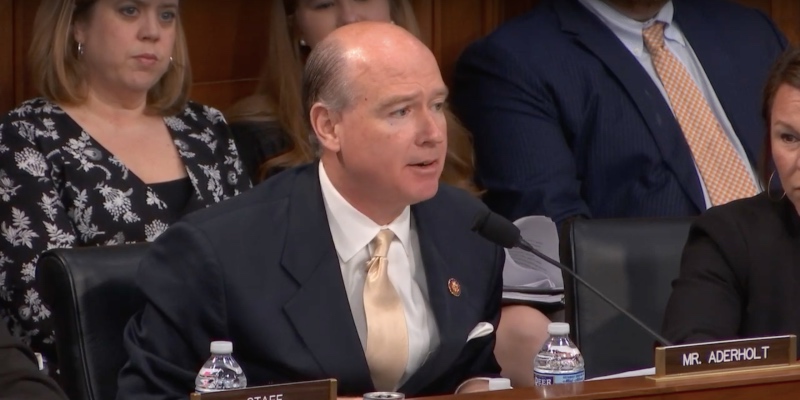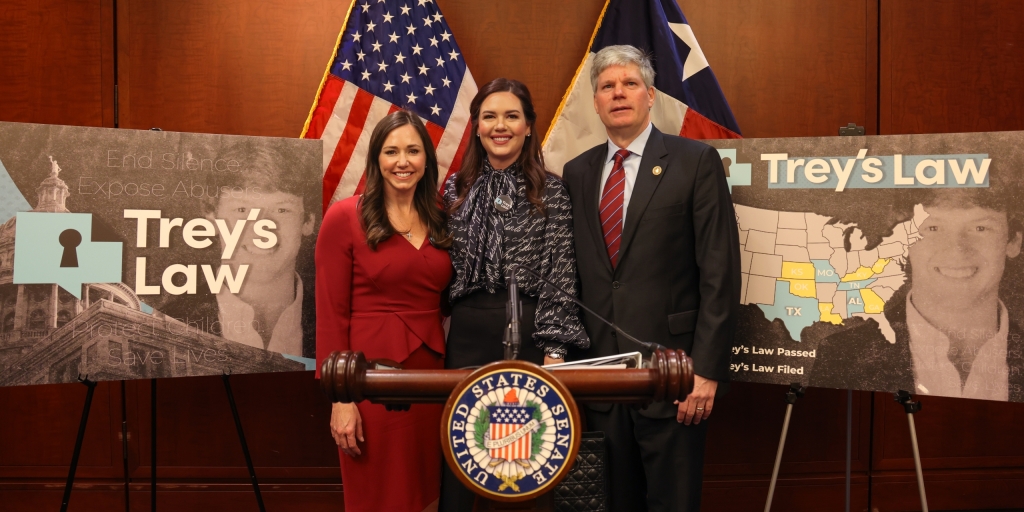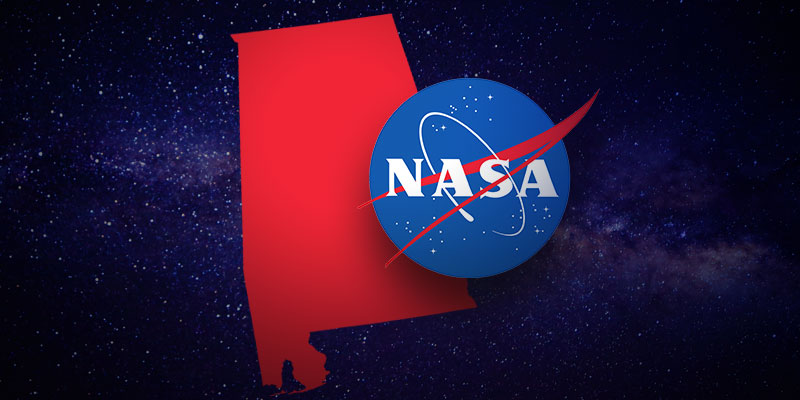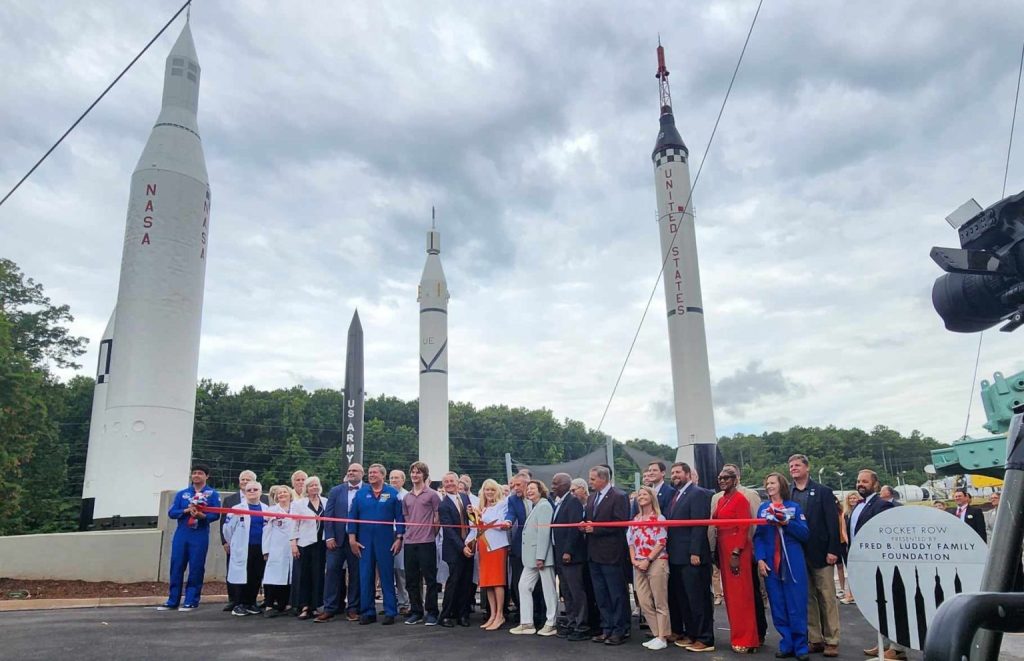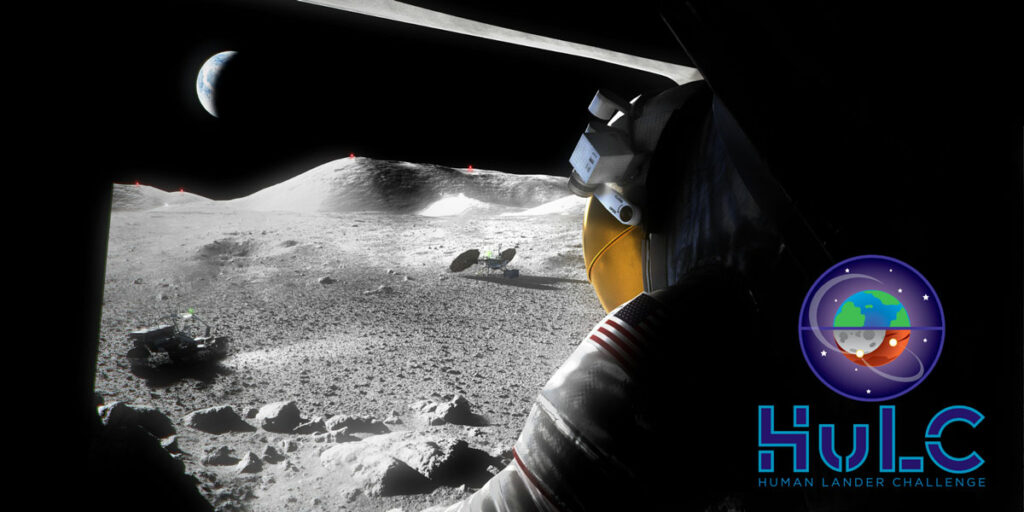The current version of the Fiscal Year 2021 budget for NASA is not in good shape for Alabama and its booming aerospace industry.
The Democrat-controlled Commerce, Justice, Science, and Related Agencies (CJS) Subcommittee of the U.S. House Appropriations Committee on Wednesday advanced a FY21 bill that would fund NASA at the exact same overall level as the previous budget year, as first reported by Space News.
President Donald J. Trump had proposed a 12% overall increase for NASA in FY21, which was rejected by the House subcommittee chaired by U.S. Rep. José Serrano (D-NY).
Trump’s request included $3.3 billion for the Human Landing System (HLS) program, which is managed out of Huntsville’s Marshall Space Flight Center.
However, the version of the bill advanced by CJS only included $630 million for HLS.
The landing system is vital for the Artemis program, which is the historic endeavor to return Americans back to the surface of the moon and eventually take the first humans to Mars.
Both the HLS and the Artemis program in general have strong Alabama connections, tied to thousands of jobs in the state.
During the subcommittee meeting this week, U.S. Rep. Robert Aderholt (AL-04) fought for a better version of the bill. He is ranking member of CJS and known as a staunch advocate for Alabama’s aerospace and defense sector.
“The flat NASA allocation reveals a determination to rebuke America’s moon-to-Mars Artemis initiative,” he warned. “President Trump rightly wants more funding to reenergize America’s leadership in space, so much so he’s willing to pay for it within an overall austere budget request, and we should follow that lead.”
U.S. Rep. Kay Granger (R-TX), ranking member of the full House Appropriations Committee, added, “The inadequate amount included for our landers undermines prior years’ investments in deep space exploration.”
This was in contrast to Serrano highlighting Democrats’ interest in funding “climate change research” rather than space exploration.
In addition to the program being managed out of Marshall, two of the three companies awarded prime contracts to compete to build the final HLS have Yellowhammer State ties.
Huntsville-based Dynetics was named earlier this year as one of these three prime contractors.
The company is developing the Dynetics Human Landing System, a single structure providing the ascent and descent capabilities that will launch on the United Launch Alliance (ULA) Vulcan launch system.
The next-generation Vulcan rocket is being produced at the sprawling, world-class ULA production facility in Decatur.
Additionally, one of the other prime contractors is Blue Origin, which has proposed a three-stage lander to be launched on its own New Glenn Rocket System and the Alabama-built ULA Vulcan rocket.
Blue Origin earlier this year officially opened a 350,000-square-foot rocket engine production facility in Huntsville, where it will produce its heavy-lift BE-4 rocket engine.
Overall, Alabama is powering the entire Artemis program.
The Space Launch System (SLS) is the most powerful rocket in world history and the only rocket that can send the Orion spacecraft, astronauts and supplies to the Moon in a single mission. Boeing is the core stage lead contractor, and Aerojet Rocketdyne is the RS-25 engines lead contractor.
The SLS program is managed out of Marshall Space Flight Center, while Boeing’s Huntsville-based Space and Launch division manages the company’s program work. Together with Orion, Gateway and HLS, the SLS is part of NASA’s backbone for deep space exploration.
North Alabama also will play a leading role in some of these other components of Artemis, including with the lunar Gateway. Historic contributions to America’s space prowess are being made by several private sector partners in the Yellowhammer State, such as United Launch Alliance (ULA), Boeing and Dynetics.
In a statement to Yellowhammer News, Aderholt stressed how big of a deal the FY21 NASA budget is for Alabama.
“Keeping NASA at its 2020 budget levels as proposed by the House Majority not only represents a setback for the President’s goal of landing the first woman astronaut on the Moon, it is a blow to the economy of North Alabama as well,” he said.
“I am proud, nonetheless, to have secured $2.6 billion in the bill for SLS, and $400 million of that is specified for work on the Block1B, which includes the EUS stage,” Aderholt continued. “Huntsville has played a vital role since the beginning of American manned space flight, and we are leading the way again on launch technologies.”
The congressman concluded, “But we need the final budget for FY21 to support these critical human exploration programs.”
Sean Ross is the editor of Yellowhammer News. You can follow him on Twitter @sean_yhn




